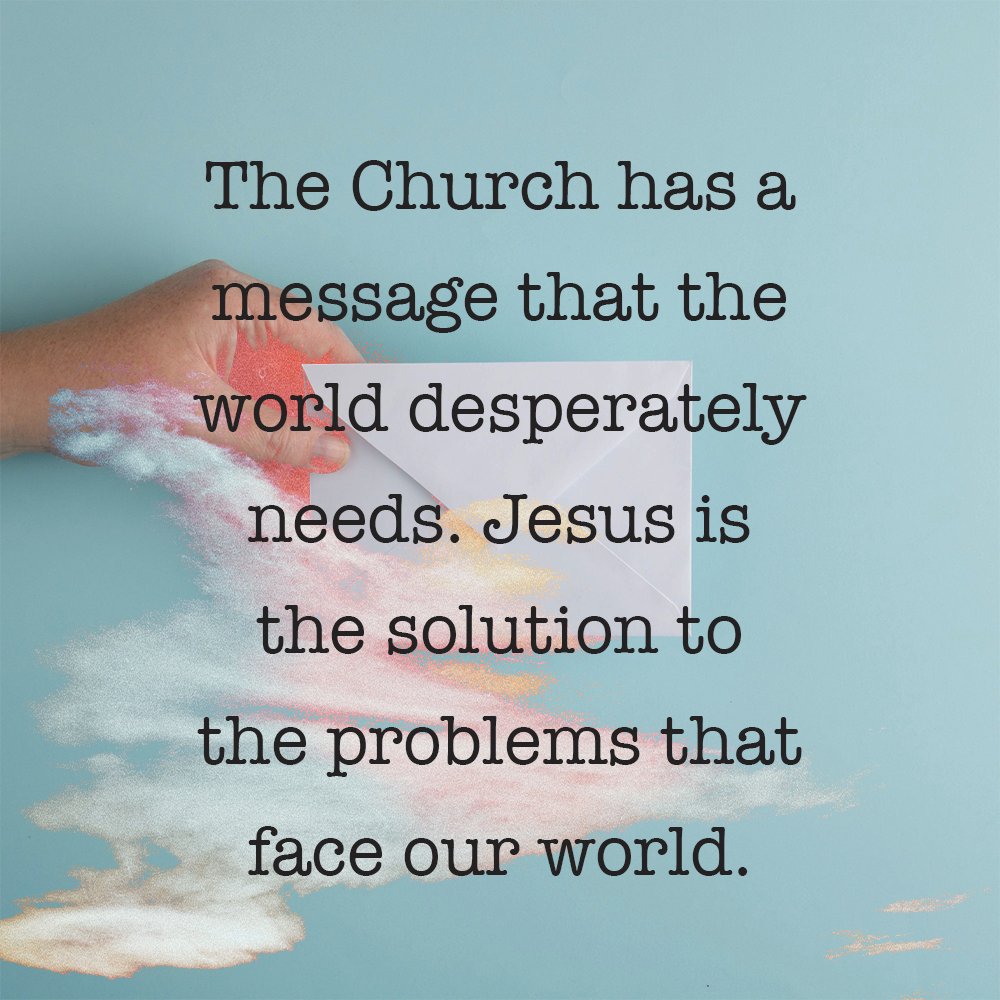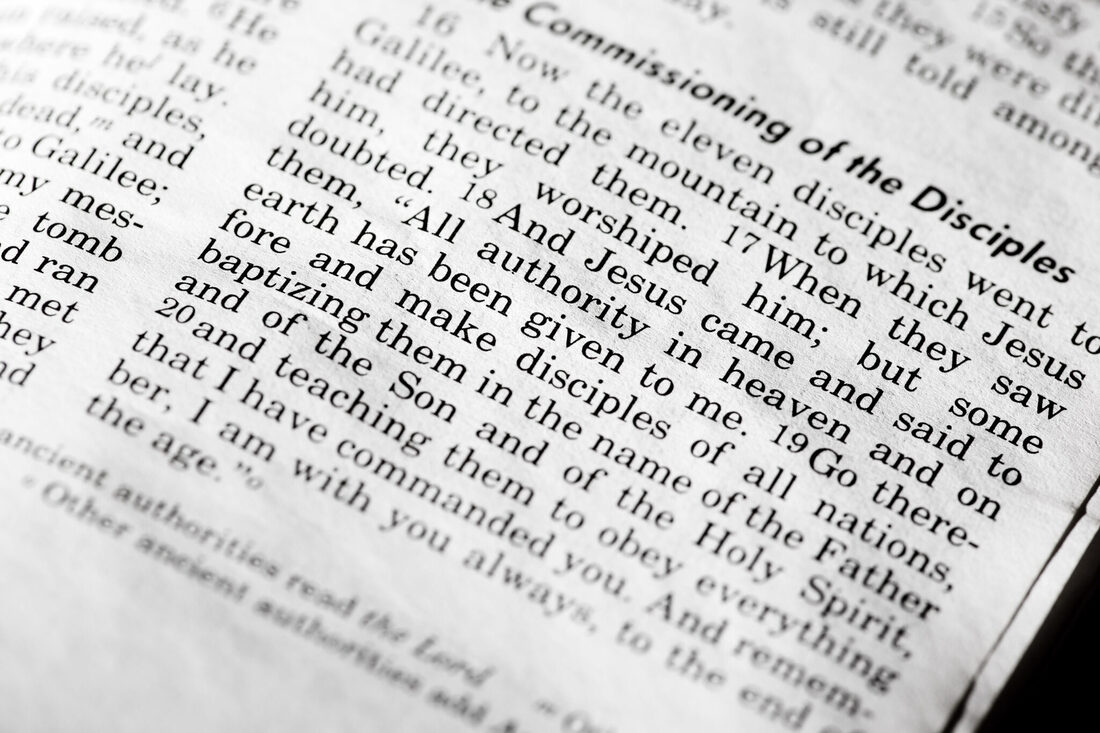The Great Commission
Did you know that the phrase ‘Great Commission’ does not appear in the Bible? Bible translators have added headers to the chapters of every book. But they are not in the original text, whether in the Hebrew Old Testament or the Greek New Testament.
So, what does it mean?
Why his it such a big part of Christianity?
Finally, does it have anything to do with
God’s chosen people, Israel?
What Does Commission Mean?
Without diving into a theological discussion, let’s first take a look at the meaning of this phrase.
What is a commission?
The term itself could be described as a directive, instruction, or charge.
Have you heard of commissioning an art piece,
like a portrait?
That means a task was assigned to a competent person.
Commissioning can also mean giving authority,
for example putting someone in a higher position, like in the military.
A commission can mean a group of people,
an official body,
that is entrusted with authority
or chosen to address a problem.
A great example of that is the European Commission, which is the executive body of the European Union.
Why do these definitions matter to us?
It is because each meaning somehow relates to the instructions that Jesus gave His followers. We were assigned, the Messiah deemed us competent, and gave us authority.
What is the Great Commission?
Now that we have a good understanding of what the words mean,
let’s hear them!
The Great Commission is an assignment
that God gave the church in our age.
Jesus shared it with His friends
right before He ascended to Heaven:
‘Go therefore and make disciples of all nations,
baptizing them in the name of the
Father and of the Son and of the Holy Spirit,
teaching them to observe all that I have commanded you.
And behold, I am with you always, to the end of the age.’
(Matthew 28:19-20)
While there is much more to the church than the Great Commission,
it is a concise summary of our task
here on earth
as the Body of Messiah.
It is common for believers to understand this commission
primarily as sharing the Gospel.
But the task includes much more.
In this article we will often turn to a book that may be small in size but is massive in significance. Samuel Whitfield’s “Israel and the Great Commission: How the Great Commission Fulfilled God’s Purpose for Israel and the Nations”dives deep into the topic.
Whitfield skillfully unravels the beauty of
God’s redemptive plan,
Israel’s importance,
and our role in it all.
How does Israel relate to the Great Commission?
Does it really have a place in this great directive that
Jesus gave His followers?
After all, many Jewish people rejected Jesus in His day
(and continue to do so to this day).
So, is this relevant to His greatest redemptive calling?
By now, you probably know that the answer must be
"yes”,
but you might still be wondering
“how” (or “why”).
Past church history in certain circles, mainly the Roman Catholic Church, were led to think that God is finished with a destiny for the Jewish people, because He transferred all His promises to the church (Huh? ouch! This kind of severe misunderstanding is what happens when religious institutions put clergy or hierarchy above all people to equally discern the word of God for themselves).
This all changed after the holocaust, and establishment of the state of Israel, when the Roman Catholic Church (which by the way, Catholicism has a lot of bad theology and doesn't represent all collective Christian history)
made huge advancements and with Jewish-Christian relations.
God's Continuing Plan;
The Global Upheaval and its Spiritual Impact
Then, the sudden reemergence of the State of Israel defied all odds. It forced the world to deal with both the repercussions of the Holocaust as well as the continuation of a Jewish legacy in the Middle East.
Unexpectedly, not only the church but entire nations had to wrestle with the question of Israel, the Jewish people and… God’s sovereignty and unique ongoing purpose for Israel in God’s redemptive plan…”
Sharing the same promises and spiritual legacy would be divisive enough.
But an even greater challenge looks us in the eye when we acknowledge
that we – the Church and Israel – simultaneously
share our calling and commission.
The Primary Assignment for Children of God
Whitfield also points out another major issue in today’s theological approach to the Great Commission: “Many believers see the Great Commission as a New Testament assignment that shifts the focus of the church
away from Israel’s story to the nations.”
But is that factual?
Is the focus on the nations of the earth new?
You will find your answer as soon as you turn your attention to one of the first covenants established by God.
Our Creator chose Abraham to make a covenant with him,
but also with all mankind.
God begins His redemptive plan
with both Israel and the nations in mind.
This means that Israel and the nations are deeply connected
in the context of the Great Commission.
We are commanded to go to the nations,
because that was his plan all along.
This profound truth
is grounded in Scripture and carried forth
by historical events that God put in motion.
And He will continue working in every generation,
until His Word comes to pass, and
His promises come to fruition.
The Great Commission in the Old and the New Testament
By looking to Abraham – but not only him;
think even as far back as Adam or Noah –
we are reminded of omnipotence of God.
The Old Testament and the New are not separate books
and were
always meant to be studied together.
And so, the themes, including God’s commandments and His blessings, intertwine throughout the entire Bible. There are undeniable links between key passages in the Jewish Tanach (OT)
and the Christian New Covenant (NT).
“We will discover the Great Commission has its roots in the Old Testament.
It is not a new command,
but part of the progression of God’s redemptive work.
In the same way,
Israel’s story does not end with the Old Testament.
It’s an ongoing story that depends on the nations to come to fulfillment,”
What does the Bible Say?
This is always the right course of action.
Check everything with the
Word of God.
Does God's word give us a clear picture of what
God thinks or feels about any given matter?
‘All Scripture is breathed out by God
and profitable for teaching, for reproof, for correction,
and for training in righteousness.’
(2 Timothy 3:16)
God revealed Himself, in large part,
in the context of relationship.
This explains why the Bible is composed of stories
and not just attributes of God’s character.
We learn them too,
but the Creator revealed His heart
mainly through
His interactions with humanity.
In light of that,
we need to be honest with ourselves in answering the question,
which relationship God established
and described in His Word
to serve as an example.
Is it the nations in general?
Or does He choose a specific nation
to meet with,
talk with and even dine with?
As Whitfield put it: “[God]
designed His interaction with Israel and the nations to reveal who He is.
Israel in particular is a gift of God to the nations to instruct us in the knowledge of who God is and who man is.
Therefore, we study Israel to better understand the knowledge of God.”
Israel’s Story Is Ultimately about Israel’s God
Israel's story is ultimately about Israel’s God,
and
His glory is at stake in her story:
‘Therefore say to the house of Israel, Thus says the Lord God:
It is not for your sake, O house of Israel, that I am about to act,
but for the sake of my holy name.’
(Ezekiel 36:22)
The chosen people
set the context for the life of Jesus.
Consequently,
it also means that Israel sets the context for the church.
And with that,
it involves both in the Great Commission.
“If we make Israel the primary point of the Bible,
we will get off track.
'But if we keep Jesus central in Israel’s story,
we will avoid a number of errors and
receive the full benefit of Israel’s role in the
redemptive story"




 RSS Feed
RSS Feed
























































